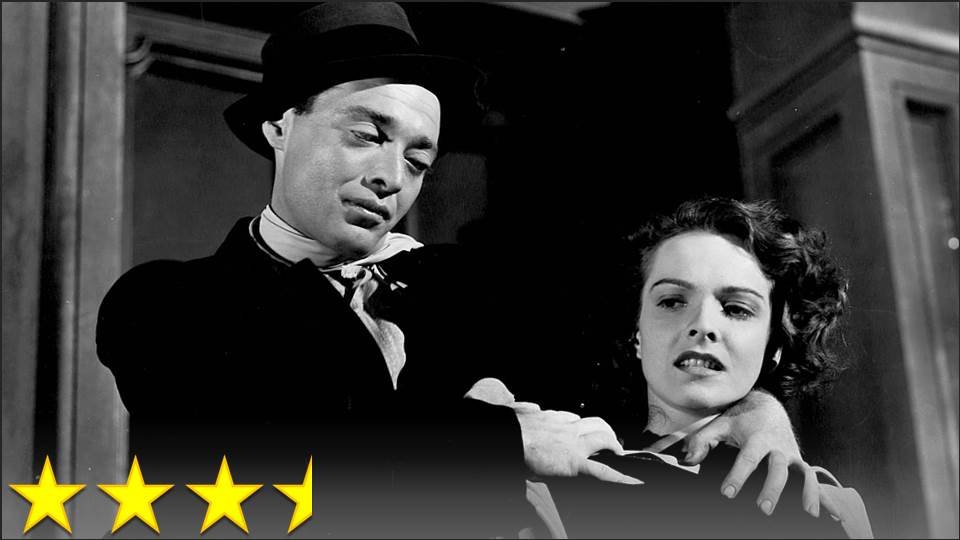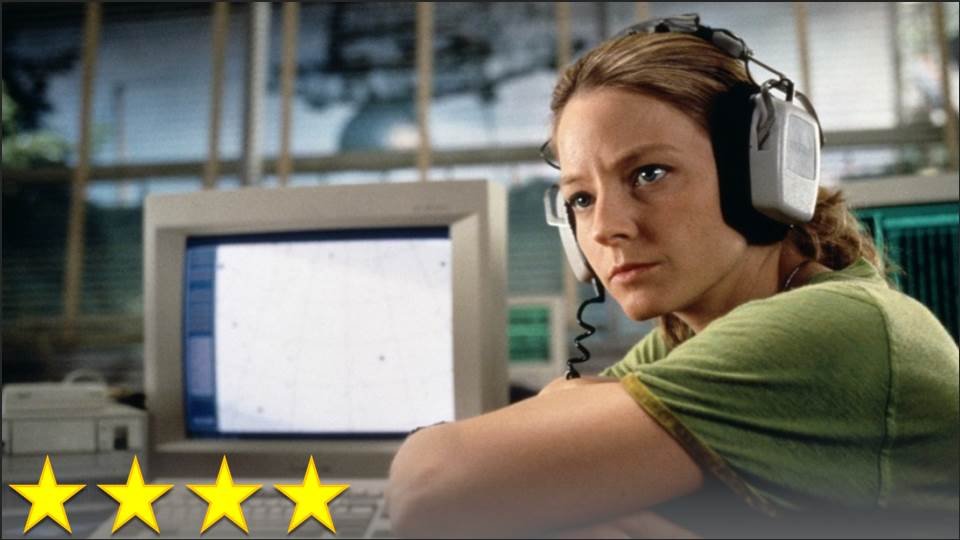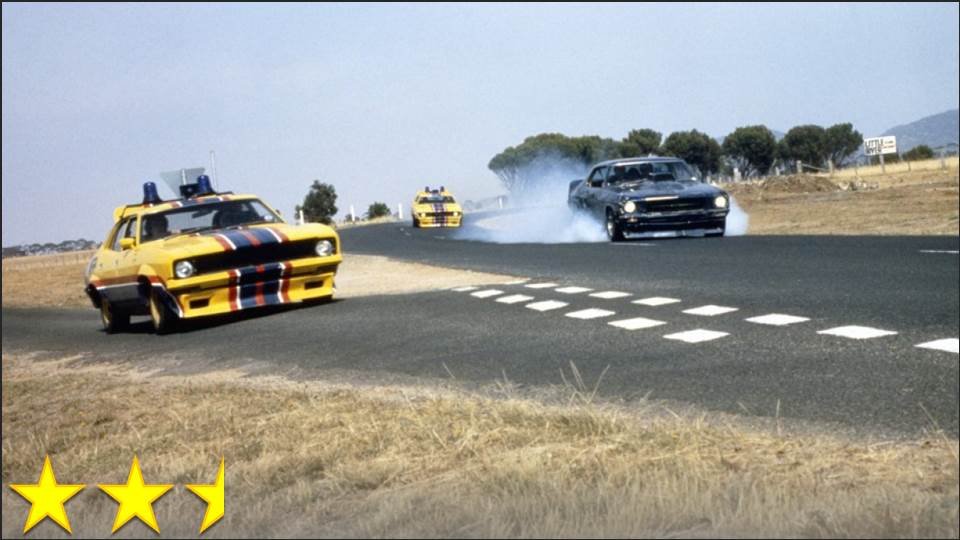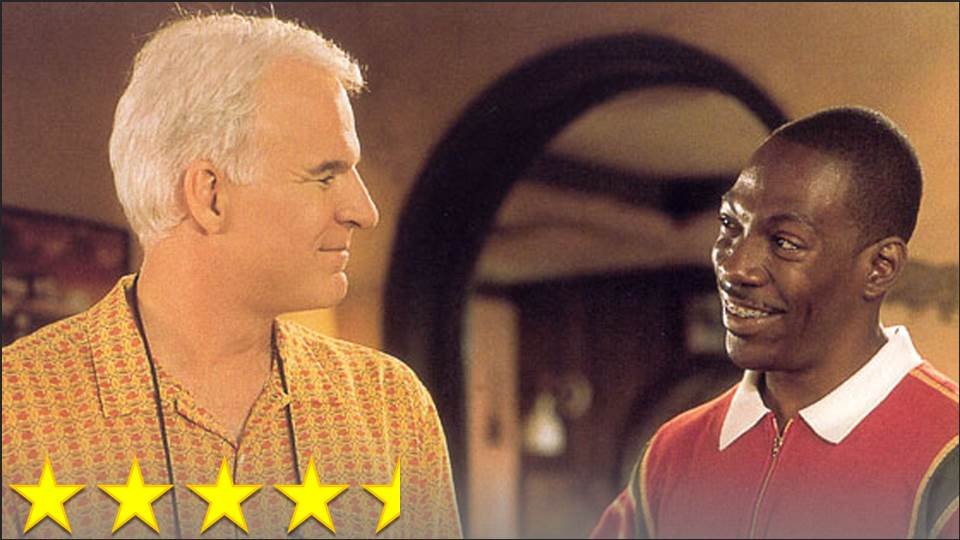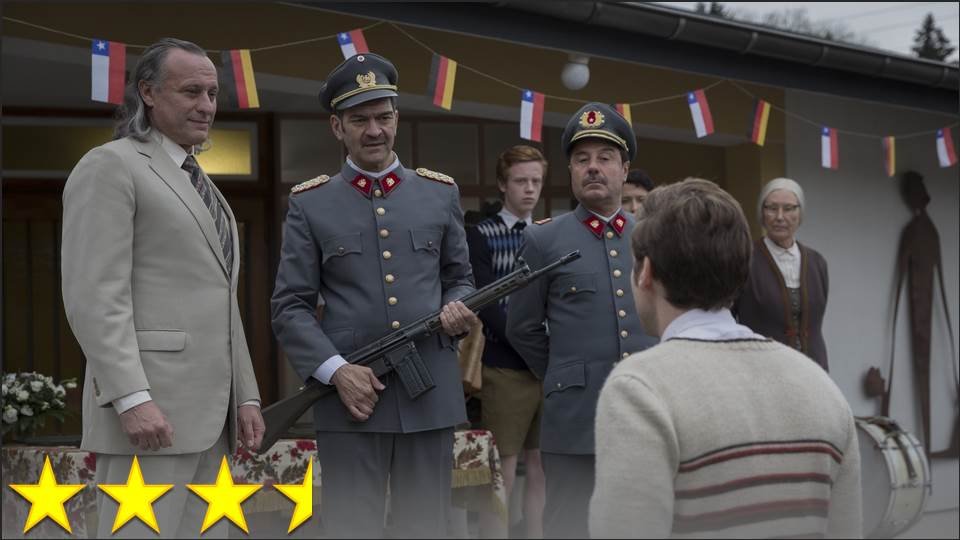This surely must be one of the most fascinating and strange films I have ever seen.
Stranger on the Third Floor is generally considered to be the first movie in the film noir genre, and yet it is very different from the standard conceptions that come to mind when most people think of noir (based on films like Out of the Past, Double Indemnity, or the Bogart films). The lead in this story is no stone-faced, stoic Bogart type – he’s an emotional basket-case – and the relative normalcy of the characters makes the film feel very different from how I’d come to think of noir based on what I saw in Out of the Past. It starts off like a simple enough old-timey Classical Hollywood story about two young lovebirds, but the second act takes a turn when it becomes an experiment in expressionism, before finally returning to reality for a third act that breaks Hollywood in the strangest way.
The second act features an elaborate and creative nightmare sequence, composed almost entirely of elements that were shown (or at least discussed) earlier in the film, now warped into something entirely unreal. This sequence is expressionism gone wild, blatantly stealing from German, French, and Russian artistic styles, but clearly forming a new style of its own at the same time that would be very influential in future film noirs (not to mention Tim Burton films – even if indirectly – and other dark dramas). Simply put, it all looks gorgeous, and its exaggerated theatrical style makes the whole nightmare scene explode with all the wild emotion that burns in the protagonist’s shredded heart. I’m not sure I can think of any other film that manages to be so vibrant without having color, so over-the-top without getting silly, or so animated without being . . . well, literally animated. Then comes the ending.
The final act is incredibly bizarre seeing as how the protagonist vanishes from the movie, leaving his girlfriend to take over the role of being a hero (of sorts). This is not so much a feminist move as a clumsy one, because this was not done to make any sort of statement about gender equality, from what I saw/heard in my repeated viewings and careful reading, but I’m not sure what exactly it really is supposed to be. This move seems to serve little purpose and just make the narrative awkward. Even more awkward is the conversation the leading lady has with the insane antagonist, which had so little logic to it that there were multiple moments of laughter in the screening room when I saw it. Then, at the end, the antagonist is randomly hit by a car and presumed dead, only for the police to look at him and start talking to him as his body lies in the street, revealing he is alive. This is finished off with one of the most forced “tag endings” in movie history, making for an overly cheery, cheesy conclusion that just doesn’t feel human.
On the whole, however, the film is very strong. The expressionist visuals are used not just for show, but to saturate the conflict, making the emotions of the protagonist that much stronger and the drama of the story that much more powerful. Its commentary on how flawed the American justice system may very well be is truly chilling. The performances by some of the actors, particularly the great Peter Lorre, served the film very well, making for a very special mood to the work overall. I recommend this film not only because it was inspirational for filmmakers historically, but because it is inspirational to me. It’s weaknesses may be absurd, but its strengths win me over, and I cannot help but have a massive crush on this gorgeous, gorgeous film.
